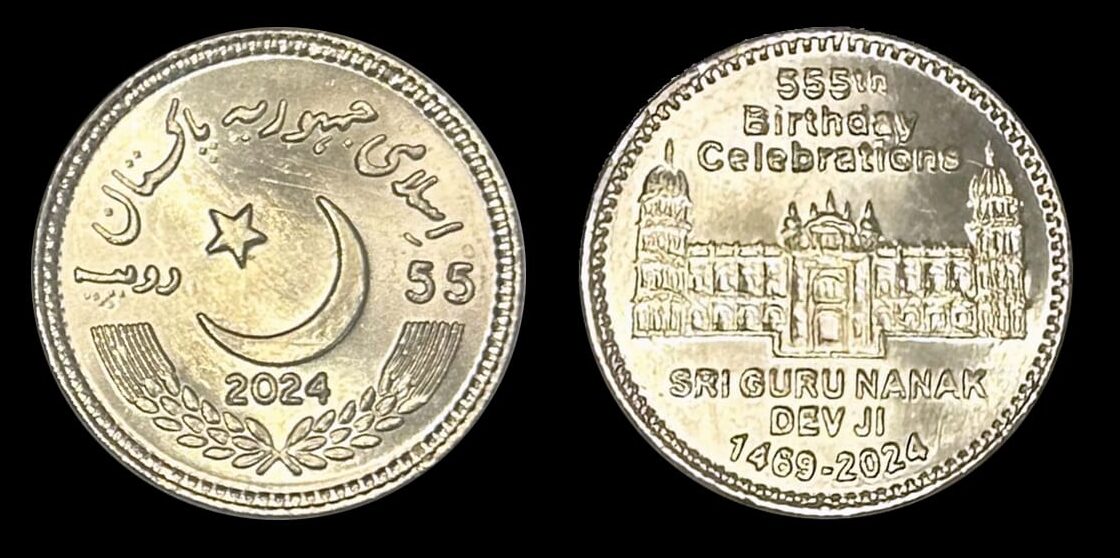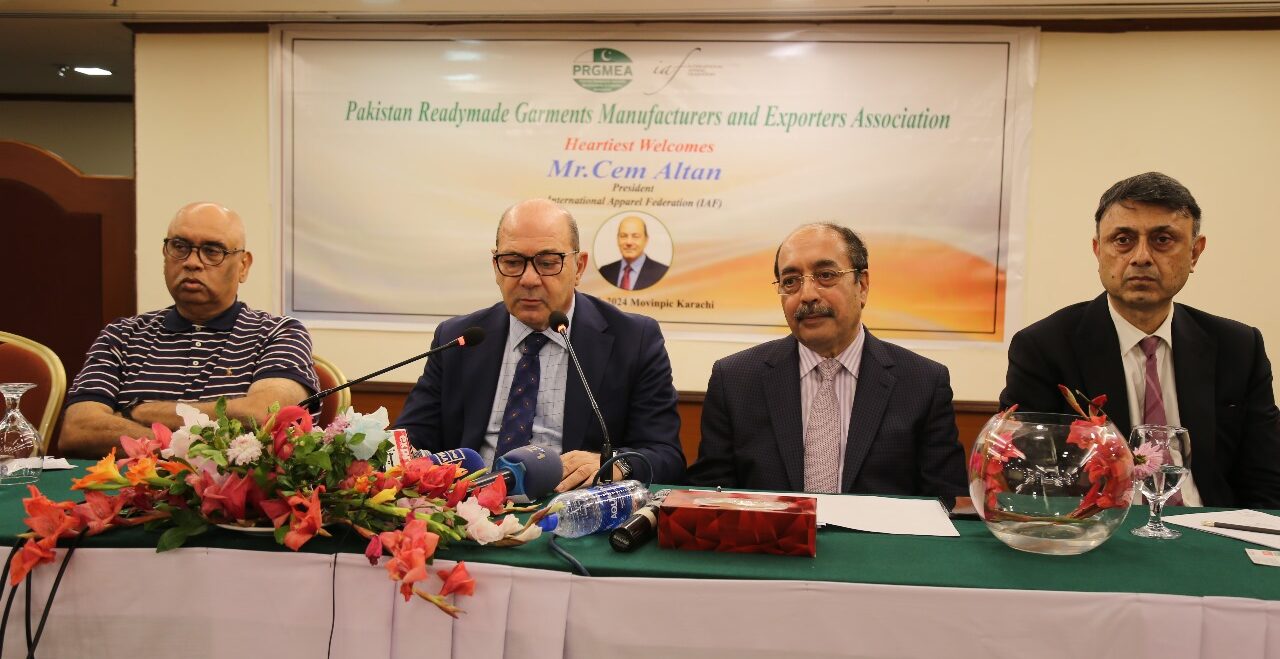Quratulain Y Azher
Islamabad, June 9, 2020: Tax payments and fees on mobile consumers and operators in Pakistan are among the highest in developing Asia, said Global System for Mobile Communications (GSMA) in its report.
Accordingly, customers various accounts of taxes including GST of 17 to 19.5 on mobile services, Rs 300, 1,000 on handsets, Rs. 250 on SIM cards.
Besides, customers are bound to pay customs duties on handsets and SIM cards of around Rs. 250 per mobile handset, 3 percent per SIM card. They are charged with Withholding tax at 12.5 percent and mobile handset levy of up to Rs. 5,000.
Telecom operators, on the other hand, also pay huge taxes to the government in the telecom sector including 30 percent corporate income tax, 1.25 percent minimum tax, 17 percent alternative corporate tax: 17 percent, personal income tax of up to 25 percent, Social security contributions of 5 percent , Workers welfare fund contributions of 2 percent, Capital value tax at various rates, withholding tax on imports of goods at 5.5 percent, stamp duty and various customs duties on equipment at various from 1 to 21 percent, and the Super tax of 3 percent.
The government in Pakistan must take urgent action to remedy the country’s regressive tax regime as the biggest supply-side impediment to data usage currently is high device taxation, including customs duties, mobile handset levies and sales taxes. Together, these can put higher-end handsets out of reach for many citizens, which is reflected in the significant proportion of basic, voice-only devices in the market.
Getting affordable smartphones into peoples’ hands prompts the first chapter in the internet adoption story for non-users. As their confidence and knowledge builds, users will consume more data intensive applications and access the platforms that will connect them to the wider digital economy.
By 2023, it has been estimated that a harmonisation and reduction in the GST to 16 percent could increase mobile broadband penetration by 1.0 percent, mobile data usage per connection by 1.7 percent, sector revenues by 1.4 percent per annum, and GDP by 0.06 percent.
Meanwhile, the elimination of the 8 percent minimum withholding tax on income from mobile services would ease the tax burden on operators, lowering prices and boosting investment – as well as again realising macroeconomic uplifts. In addition, the reforms are shown to be self-financing over the medium term, and should generate increased tax revenues by 2023.


























































































































































































































































































